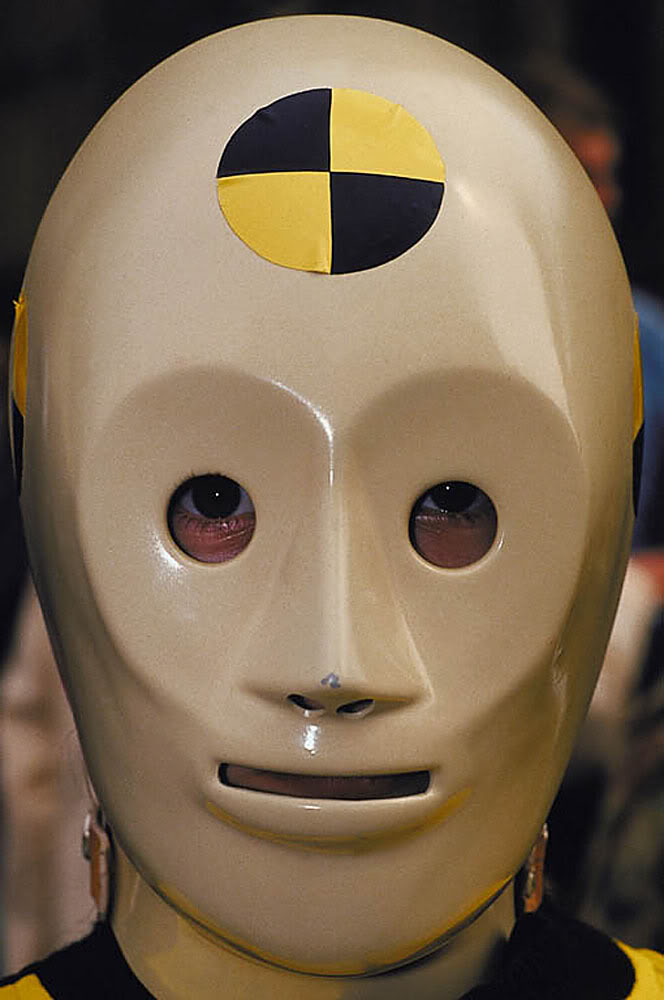Today, is the second anniversary of the launch of Dewey21C. Two years, 323 entries, 250,598 page views, 185,295 visits, guest blogs by Jane Remer, Ted Wiprud, Jon Deak, and David Shookhoff.
Here’s to the 324th entry!
************************************************************************************************************
It seems to me that for many years the rhetoric of creativity was owned by the arts ed field. It would be fair to say that was a time when few were listening.
Today, creativity is perking up and ownership is up for grabs.
Can the arts education field successfully make a case here for creativity or has it already been successfully claimed by STEM, where giant government and private grants are being made to support creativity within science, engineering, technology, and math. These grants which are often tied to service delivery, including consultancies, dwarf the sorts of funding that goes to the arts field. It’s a good way to view how the arts have had a hard time becoming part of the education-industrial-complex.
Promising ventures can be seen through things like the 2010 Creativity World Forum in Oklahoma.
And, Click here to read a Newsweek piece: The Creativity Crisis.
It’s a good read, in particular for illuminating the question of who own’s creativity:
Overwhelmed by curriculum standards, American teachers warn there’s no
room in the day for a creativity class. Kids are fortunate if they get
an art class once or twice a week. But to scientists, this is a non
sequitur, borne out of what University of Georgia’s Mark Runco calls
“art bias.” The age-old belief that the arts have a special claim to
creativity is unfounded. When scholars gave creativity tasks to both
engineering majors and music majors, their scores laid down on an
identical spectrum, with the same high averages and standard deviations.
Inside their brains, the same thing was happening–ideas were being
generated and evaluated on the fly.
I will add another twist to this: while this article could be interpreted as a sign of a growing interest in”creativity,” while at the very same time I am watching an emerging issue out of New York State, where the entire state testing regime is being examined by one of the best in the business: Daniel Koretz.
Click here to read a fascinating piece by Sol Stern: Can New York Clean Up The Testing Mess?
As a prelude, the tests have already been adjusted, and what we are most likely to see going forward is a lower test scores, which will result in a lower graduation rates, which in turn will most likely cause a reset of the “achievement gap,” ultimately leading to either even more of the same (testing, test prep, reading and math funding increases, growth in supplemental services for these subjects, etc.) or perhaps some new thinking on the meaning, value, and implementation of testing regimes. Admittedly, it is hard to “imagine” we will get anything but even more of the same.




